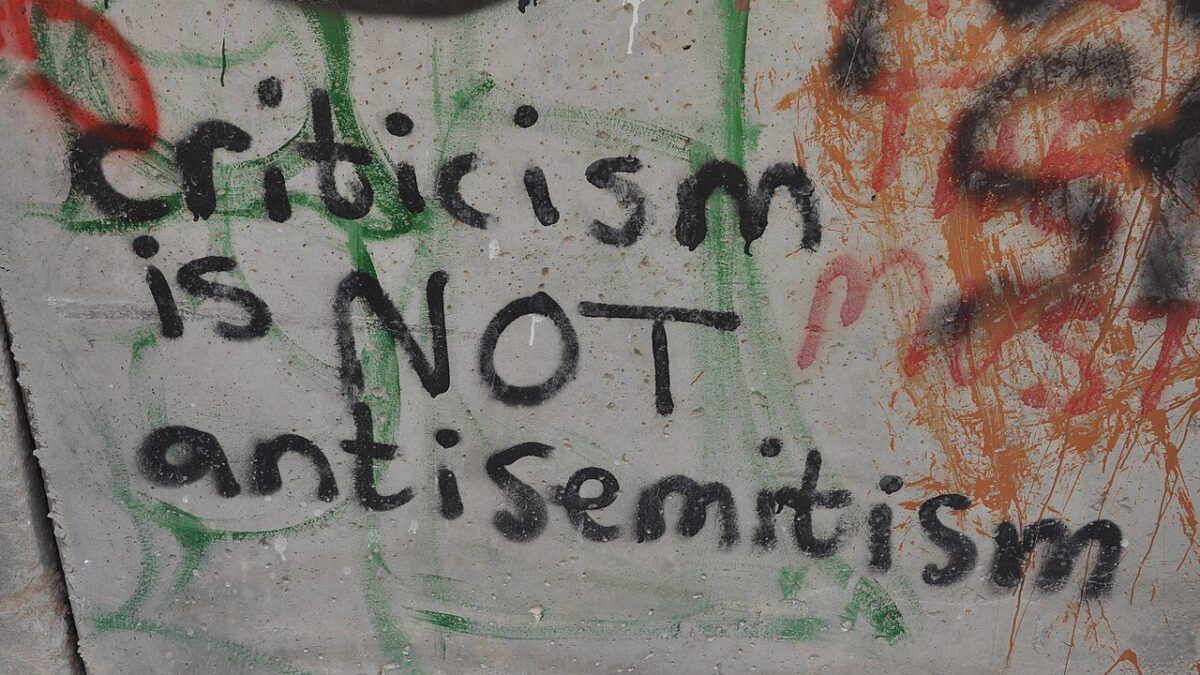Now that August is waning, social media users are bracing for the avalanche of back-to-school photos and mom posts about how children are adjusting to the school year. Kids may need more encouragement and affirmation this time of year, and it’s a prime time to snap pictures for posterity. But one thing mothers need less of is “sharenting.”
Over-sharing about home life doesn’t just risk annoying Facebook friends or embarrassing our children, but the problem can be challenging to see through our prevailing cultural dynamics. The moderate left gins up sympathy for mothers who are shamed online but doesn’t generally discourage sharenting; the right is quick to defend women’s role as nurturers but often neglects the benefits of private life, since social media is a primary battlefield of the culture wars.
Privacy in family life is not merely a matter of personal preference, though. Sharenting can inhibit mastery of the domestic sphere, which is far more than cooking, cleaning, and bedtime stories. It can keep mothers from truly embracing and enjoying their family and home life. We mothers do not have to constantly be at war with our domestic environment, in tension with prevailing cultural narratives, and in competition with other mothers. We can have a greater measure of peace and satisfaction if we just set down our phones.
It is easy for mothers in particular to exacerbate difficult seasons of life by continuing to broadcast their lives. Research shows more time online leads to more unhappiness, yet many mothers routinely open Instagram or Facebook to see the metrics, the comments, the often insincere, emoji-packed commiseration. They compulsively compare themselves to others and pick up unhelpful thoughts as other women complain and snark about cooking, cleaning, and their children’s behavior.
Putting down deep roots and anchoring ourselves in these key aspects of our identity, motherhood and homemaking, is difficult in any era. But with heavy social media use, mothers are constantly reaching into shallow, rocky soil, where it’s difficult to thrive.
True reclamation of a contented and functional domestic life is a project increasing in urgency by the day as feminism seeks to quash the very urge of women to become nurturers. That role demands far more than breastfeeding and snuggling. It requires creating and maintaining a home life and routines that nourish, comfort, and excite the family mentally, emotionally, and physically. This job is essential and rewarding, but not easy.
Why to Keep Home Life Private
The rehabilitation of homemaking as a societally critical and personally fulfilling role for women is not something that can happen through social media. Its nature requires that it be mostly private for a few reasons.
The more one tries to promote the dignity of mothers’ work in the home online, the more women who aren’t totally sold on it suspect a façade. (Indeed, women who sharent a lot seem more likely to be depressed). Even as mothers intend to post their highlights, the habit of posting is such that anxiety and malcontent often find their way into the text box because venting feels good in the moment.
What we “get back” from the algorithm-based online world shapes our perspective of ourselves and our situation — usually for the worse, making us more radical, tribal, aggressive, petty, and discontent. Needless to say, this inhibits a healthy home life. To wit, the more a mother posts, the more she opens herself up to criticism, which causes mental stress that leads to negativity and self-doubt that can foul up interactions with children and spouses and even disrupt simple domestic tasks.
The time mothers spend on social media could be spent increasing their quality of life at home, instead of making it appear online as a higher quality than it is. This doesn’t necessarily mean “doing more work” of the tedious variety per se, but gaining and refining skills, perfecting something, trying something new, or just playing catch with the kids or reading an extra book. Even getting a bit more sleep could improve our well-being, and therefore that of our family.
Publicity doesn’t add any value to what we are doing, even when it brings ephemeral pleasure by attracting compliments. The best thing mothers and prospective mothers can do to preserve and promote this way of life is not to look miserable in real life and have their stuff together. We should be rooted, not constantly flailing about. If therapy or lifestyle changes or even prescriptions are needed in order to help get us to this rooted and thriving state, we shouldn’t hesitate to reach for help.
Cherishing Privacy
Our culture instills the belief that more attention leads to greater happiness, and an easy way to get attention is by posting about our lives. But there is joy in living a more private life. We should remember the feeling of being a little kid, of finding a treasure, or a hiding place, and keeping them just to ourselves, and maybe our closest friends. This privacy felt good. In much the same way, cooking dinner just for our families without posting a photo of it online can be very satisfying.
As an example, the neighbor dropped by to pick up her child one evening as I was cooking dinner, and she remarked that it “smells good in there.” I thanked her and, as I walked back to the kitchen, I thought this is a superior kind of plaudit to whatever I would have gotten on Facebook or Instagram.
Occasional online glimpses into your life are not problematic, just like occasional chocolate chip cookies are not problematic. Many of your social media friends do want to gush over baby photos now and then, but more often than not, a group text with extended family or close friends is a more appropriate setting to share these things. Generally, if we do post to a wide audience about our lives, it should be with the thought of adding value to other people — say, showing them how to do something, or sharing a discovery that may be helpful, or making a specific point. Seeking constant affirmation online while exposing ourselves to critics and haters is just going to keep us from putting down those deep, strong roots that we need to survive in harsh seasons.
When we remove the apps from the home screen, disable notifications, and engage with our present physical space, especially at home, we begin to recognize that this is our domain, the province we rule where we steward and rear, create and reshape. It isn’t a stage for our Instagram accounts, or just a place where we spend our time. This an awesome responsibility we’ve been blessed with, a sacred calling. Seeing it this way compels us to privatize our lives, because only then can we be fully invested in making the most of them.









